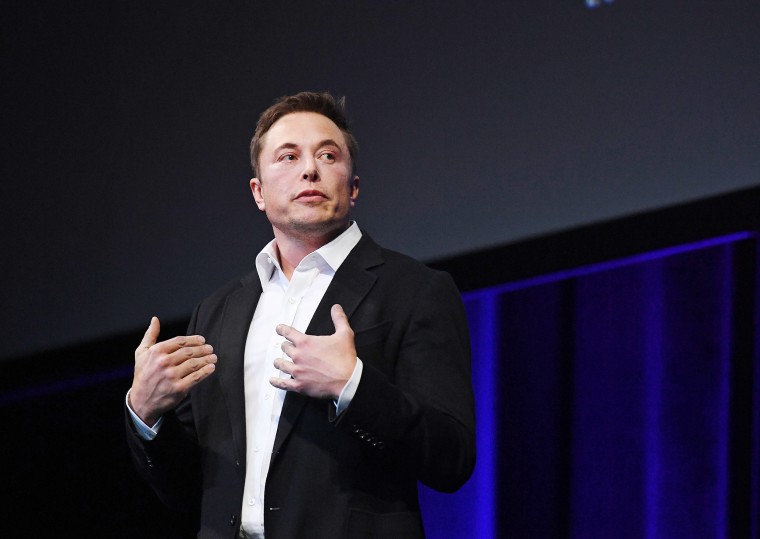Tesla is denying reports that it continues to face major manufacturing issues delaying the critical ramp-up of Model 3 production, an issue that could lead to a serious cash crunch in the months ahead.
The automaker launched its first mainstream, long-range model last July, but what CEO Elon Musk described as “production hell” resulted in serious delays last year — and according to new reports, production isn’t accelerating nearly as quickly as Musk and other senior executives had promised. Some of the biggest issues, according to company insiders quoted by CNBC, involve the Gigafactory plant in Nevada that produces batteries for the Model 3.
For its part, Tesla is describing the report as “extremely misinformed and misleading,” and a statement added that, “To be absolutely clear, we are on track with the previous projections for achieving increased Model 3 production rates that we provided earlier this month.”
Related: Tesla misses its Model 3 target by a mile
That said, the automaker confirmed one key point the reports had made, that “some elements of the production process” are still being handled manually, rather than using the special machinery that was supposed to put together the complex battery packs used in the Model 3 sedan.
Quoting unnamed Tesla insiders, CNBC reported that Tesla has been forced to bring in additional workers from both its battery partner Panasonic and from temp agencies. The report also noted that the complex and precise work is difficult to accomplish manually, resulting in high scrappage rates and the risk that some battery packs could fail in the field.
Tesla has a long history of over-promising and under-delivering. Its Model X electric SUV, for example, was originally scheduled to go on sale in 2014 but only reached showrooms two years later. The vehicle has continued to face serious quality issues that led Consumer Reports last autumn to list it as the worst vehicle on the market, tied with the Cadillac Escalade, in its annual survey of vehicle owners.
Related: Tesla to hold Musk to a higher standard for compensation
CEO Musk had promised Tesla would roll out 1,600 Model 3 sedans during the third quarter of 2017, but the company managed to build just 220, largely by hand. Fourth-quarter numbers also fell well short of expectations. But during a third-quarter earnings call, Musk and other executives promised production would reach 2,500 a week by the end of the first quarter of 2018 and 5,000 by the end of the second.
That would still be short of the goal of 10,000 a week needed to hit the 500,000 annual target from the Fremont plant — a figure that was expected to include about 100,000 Model S sedans and Model X SUVs.
In responding to the reports, Tesla didn’t say how many Model 3s it is currently building. That could be revealed on Feb. 7, when the company releases its fourth-quarter earnings.
